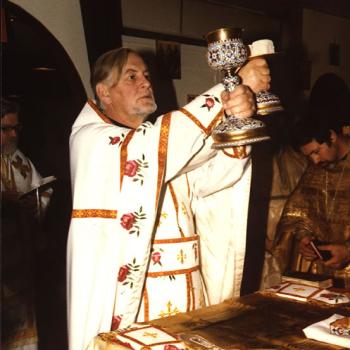I would suggest that that image is continuous not just with the people who fashioned the original Buddhas at Bamiyan, but with the ecosystems damaged by oil spills. But Brueggemann's views have implications not just for the created order, but the social:
Our sociology is predictably derived from, legitimated by, and reflective of our theology. And if we gather around the static god of order who only guards the interests of the "haves," oppression cannot be far behind. Conversely, if a God is disclosed who is free to come and go, free from and even against the regime, free to hear and even answer slave cries, free from all proper goodness as defined by the empire, then it will bear decisively upon sociology because the freedom of God will surface in the brickyards and manifest itself as justice and compassion.
Just so. The "still-speaking" God is a far bigger threat to fundamentalists than any statue or untapped oil reserve. God is free, and so are we. Neither Taliban nor American fundagelicals can rest easy while that proclamation is on the loose.
Daniel Schultz, a.k.a. pastordan, is a minister in the United Church of Christ. He serves a small and very patient church in rural Wisconsin. He is the author of Changing the Script: An Authentically Faithful and Authentically Progressive Political Theology for the 21st Century, forthcoming from Ig Press.




